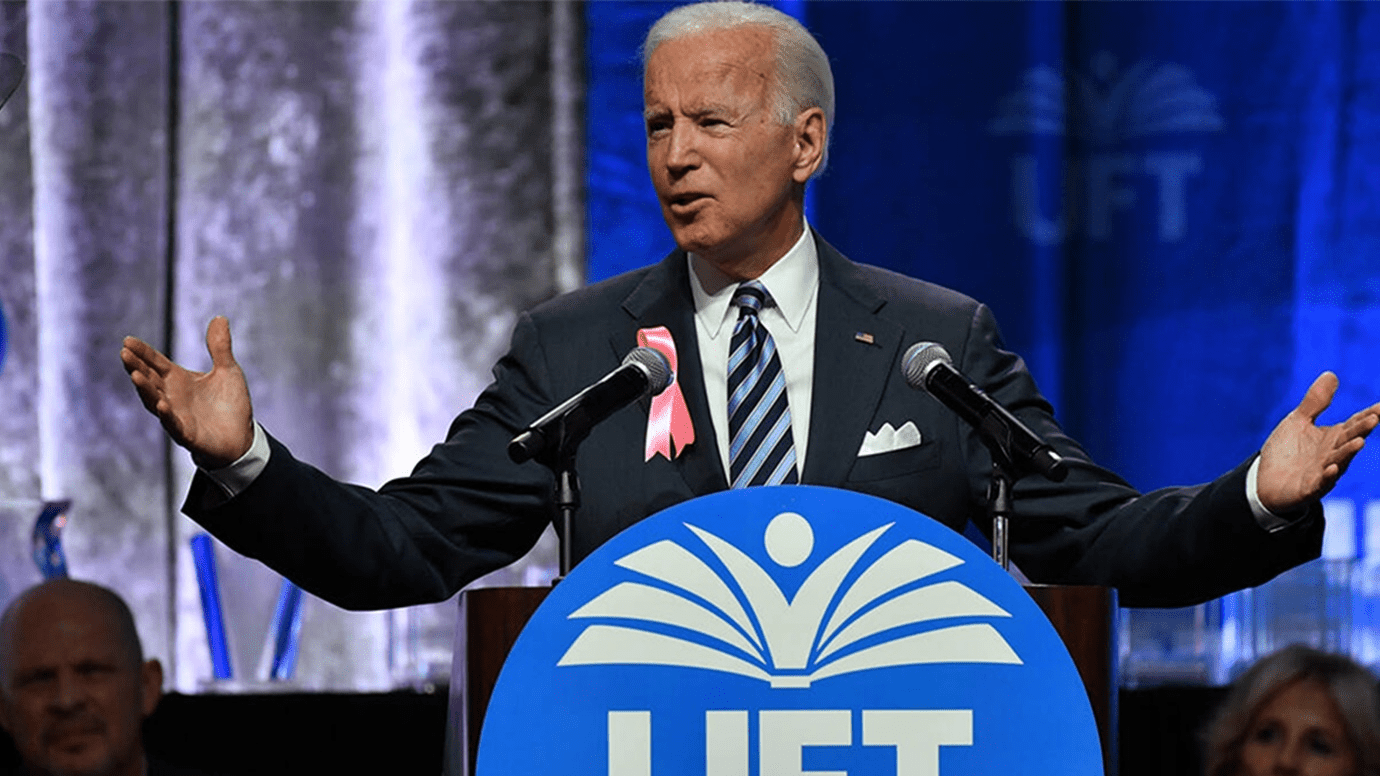
Why Skills-First Leadership Is Replacing the Ivy League Playbook in the C-Suite
The old prestige pyramid—where Ivy League degrees and blue-chip consulting backgrounds paved the way to the CEO seat—is cracking.

July 10, 2023: On Tuesday, the U.S. federal judge denied some agencies and officials of the administration of President Joe Biden from gathering and communicating with social media companies to moderate their content, according to a court filing.
The injunction came in response to a lawsuit brought by Republican attorneys general in Louisiana and Missouri, who alleged that U.S. government officials went too far to encourage social media companies to address posts they worried could contribute to vaccine hesitancy during the COVID-19 pandemic or upend elections.
The ruling said government agencies like the Department of Health and Human Services and the FBI could not talk to social media companies for “the purpose of urging, encouraging, pressuring, or inducing in any manner the removal, deletion, suppression, or reduction of content containing protected free speech” under the Free Speech Clause of the First Amendment to the United States Constitution.
A White House official said the Justice Department reviewed the order and will evaluate its options.
In its restrictions, the order was also mentioned by name officials, including Department of Homeland Security Secretary Alejandro Mayorkas and Jen Easterly, who heads the Cybersecurity and Infrastructure Security Agency.
In an order filed with the District Court of U.S. for the Western District of Louisiana, Judge Terry Doughty made some exceptions for communications between state officials and the companies, including to warn about risks to national security and criminal activity.
The injunction was first reported by the Washington Post.
Tuesday’s order marks a win for Republicans who had sued the Biden administration, saying it was using the coronavirus health crisis and the threat of misinformation to curb views that disagreed with the government.
U.S. officials have said they aimed to stop misinformation about COVID vaccines to curb preventable deaths.

The old prestige pyramid—where Ivy League degrees and blue-chip consulting backgrounds paved the way to the CEO seat—is cracking.

Loud leaders once ruled the boardroom. Charisma was currency. Big talk drove big valuations.

But the CEOs who make history in downturns aren’t the ones with the deepest cuts

Companies invest millions in leadership development, yet many of their best executives leave within a few years. Why?

The most successful business leaders don’t just identify gaps in the market; they anticipate future needs before anyone else.

With technological advancements, shifting consumer expectations, and global interconnectedness, the role of business leaders

Following a distinguished Law Enforcement career Joe McGee founded The Securitatem Group to provide contemporary global operational specialist security and specialist security training products and services for private clients, corporate organisations, and Government bodies. They deliver a wide range of services, including complete end-to-end protection packages, close protection, residential security, protection drivers, and online and physical installations. They provide covert and overt investigations and specialist surveillance services with a Broad range of weapons and tactical-based training, including conflict management, risk and threat management, tactical training, tactical medicine, and command and control training.

Jay Wright, CEO and Co-Owner of Virgin Wines infectious energy, enthusiasm, passion and drive has been instrumental in creating an environment that encourages talent to thrive and a culture that puts the customer at the very heart of every decision-making process.

Fabio de Concilio is the visionary CEO & Chairman of the Board at Farmacosmo, a leading organization dedicated to mental health and community support services. With a deep commitment to identifying and meeting customer needs, Fabio ensures that high standards are maintained across the board.

Character Determines Destiny – so said Aristotle. And David CM Carter believes that more than anything else. For David, it has been numerous years of research into codifying Entelechy Academy’s 54 character qualities that underpin everything he stands for as a leader and teacher.


Leave us a message
Subscribe
Fill the form our team will contact you
Advertise with us
Fill the form our team will contact you